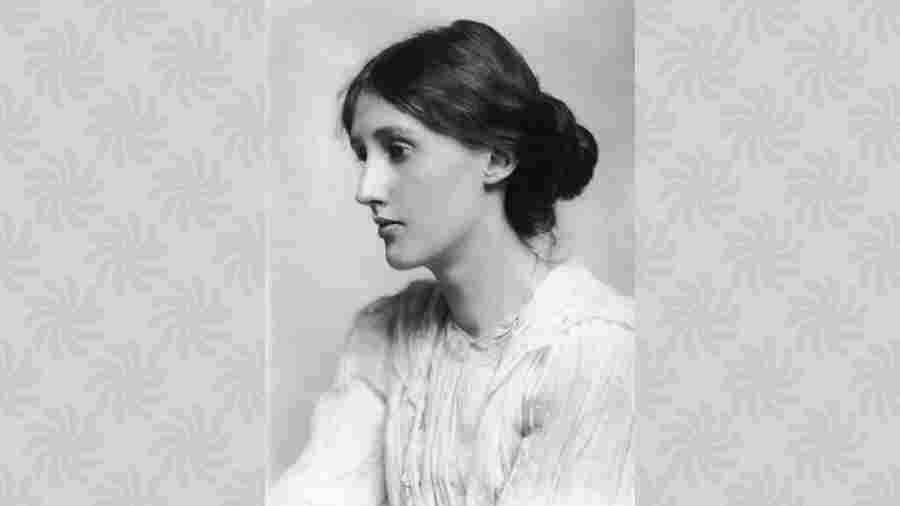The ladies of Calcutta were inspiring enough to have a song composed in their honour; it can only be imagined what the ladies of Bengal achieved. One of them, married to a Frenchman, apparently had Virginia Woolf as descendant, according to the historian, William Dalrymple. Startling in her originality, Woolf quietly and steadily broke the conventions of her time in literature and in life, and was later regarded as having inspired feminism. In “A Room of One’s Own”, an essay published in 1929, she created a fictional sister for William Shakespeare, born with the same curiosity, adventurousness and imagination as her brother, but not even allowed to go to school. The girl hid her attempts at reading and writing, and ran away to avoid becoming a household drudge through marriage.
Woolf gave her a tragic end, saying that hundreds of women have their talents wasted in this way. This alone could make Woolf a soul-sister of Bengal’s women, particularly of her time in the late 19th and early 20th centuries. These women seldom had what Woolf considered necessary for writing — money and a room of their own. Known as the author of the first autobiography in Bengali, Rassundari Devi, for example, a mother of 12, learnt to read and write by candlelight, usually in the kitchen, when everyone was asleep. This situation was slow to change: women had to be secretive or insanely determined to break the mould. Rassundari Devi preceded Woolf by quite a few years, but they probably shared the same spirit. As did many other early women writers in Bengal.
Besides, Woolf was more than a soul-sister, to go by Mr Dalrymple’s research; the tinge of Bengali blood in her apparently gave a Bengali, hence Indian, cast to her face. She suffered from a serious mental health problem, but women without that misfortune could still become fairly batty in a place like Bengal where the future of educated females was believed to be widowhood or insanity. True, not everybody would turn into the king’s paternal aunt, playing cricket with a pumpkin, in Sukumar Ray’s poem on Bombagarh, but even she could be complimented for her originality and unconventional choice — at the time — of sport. Probably they took the ball away from her, as the handsome husband snatched away his little bride’s poor exercise book in a story by Rabindranath Tagore. Was Woolf then as much a daughter of the soil as Tagore was the son, as Mr Dalrymple claims? The sister of the highly successful writer, Ashapurna Devi, killed herself because her husband rebuked her for writing, although she did not have Woolf’s affliction. So the eccentric aunt of Ray’s poem could just be the happier version of the woman genius, for whom battiness is the price of brilliance. Did Woolf know instinctively how the ‘madwomen’ were sought to be confined to the attic in her foremother’s land?










